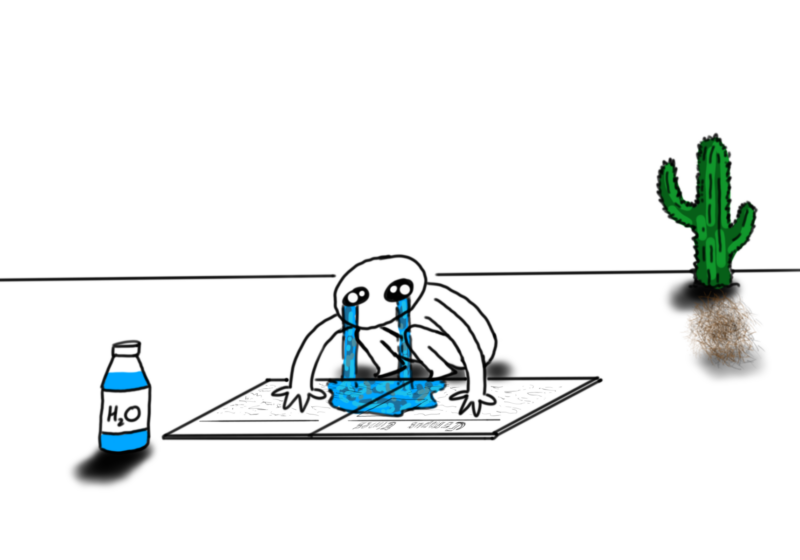I’m not entirely sure why, but boomers go feral for technological regression. On some level, I can empathize. Tech is annoying; just the other day, my computer (which was running a pirated copy of Windows 10 just fine) decided it wanted to run Windows 11 instead. I had no say in this. I simply had to accept that fact. It now refuses to work.
On the other hand, I dabble in the occasional technological tomfoolery. It’s so funny to abuse staples of corporate America, like using Google Calendar and LinkedIn for social purposes. And Spotify allows me to fill every waking moment of my existence with noise to stave off the existential dread. So fun!
I’d like to think I’m fluent in technology. Whenever I boot up a new app, I can basically guess where to find everything and what gestures or buttons I need to use to get there. I also enjoy the occasional coding problem, as the differently-colored special words scratch a certain itch deep, deep down in my monkey brain. I’m not the speediest typer, but that’s only one part of the coding process. A lot of it is arranging and rearranging code blocks, changing integers to static and then to volatile and back to static once more because it changed literally nothing. Oh, and pulling out my hair since the compiler is telling me there’s a char error on line 63 even though there is not a single char on line 63.
Writing code is a very fluid process and is extremely difficult to do linearly. That’s why everyone codes in integrated design environments, or IDEs for short. If you’re unfamiliar with the term, think of Microsoft Word for code, but it actually works well and is free.
There is one IDE that is exceptionally awful and will not aid you in the slightest (and no, I’m not talking about BlueJ). I’m talking about paper. Real, physical paper, with a pencil. There is no autofill. There is no CTRL+F. There isn’t even copy paste, unless you brought your trusty scissors and glue to your CS midterm. Of course, it’s not impossible, and there are some tricks, like leaving yourself a generous amount of space between each line in case you have to go back. It’s also no secret that writing out code is hated, so the grades are often forgiving.
I’m sure professors know what they’re doing when they announce a written coding exam. They watch all of our ambitious little eyes widen with fear as we try and understand the gravity of the situation; all the while, they’re exercising their very best poker face.
I get why paper coding is common for exams, as it’s a very easy way to minimize academic dishonesty — but it feels wrong. It’s like when your older sibling hands you an unplugged controller. I’m well aware that none of the assignments I perform throughout these four short years are revolutionary and certainly will not change the world, but writing a computer program on a dead tree feels so disconnected from the real world. Even more than midnight deadlines, dissimilar weekday schedules, and dining halls. The exam tests not only our coding skills, but also our ability to put up with utter bullshit for a degree.







